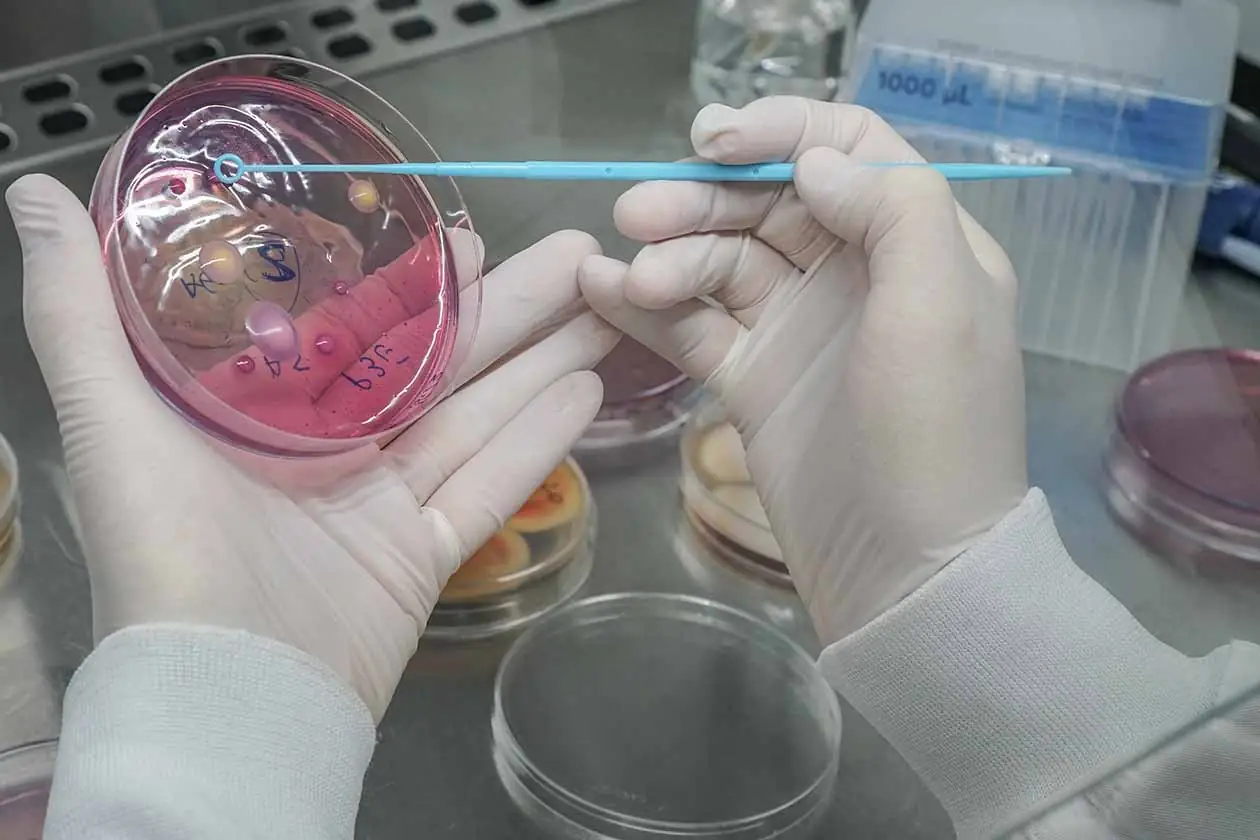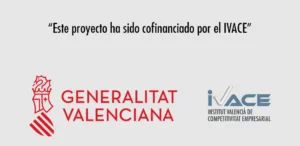Microorganisms in industries such as food, cosmetics, or agriculture have been used for several years in various applications such as fermentation starters, nutritional supplements, probiotics, or biocontrol agents. These applications require that the microorganisms are stabilized, so that they remain viable, minimizing their evolution or degradation. We’ll tell you about the most important aspects to consider.
Stabilization of microorganisms: Freeze-drying vs spray drying
Microorganism stabilization can be achieved through different technologies such as freeze-drying and spray drying:
- Freeze-Drying: Traditionally, this technology has been used to stabilize microbial cultures as it is a process that does not require high temperatures and the final viability of the product is high.
- Spray Drying: Spray drying, as we have mentioned on occasion, is presented as an alternative to freeze-drying as it allows for the stabilization of microbial cultures, resulting in a dry powder product. Additionally, spray drying allows for its combination with a microencapsulation process, enhancing the final viability of the microorganism as well as its functionality.
Key aspects for obtaining microbial products with high viability and stability
Microbial encapsulation processes have been studied for a long time, with multiple bibliographic references employing technologies such as ionic gelation, polymerization, or coacervation. Some of the most important aspects to consider for obtaining a high-quality product include:
- Suitable encapsulation materials: Each microencapsulation technology is associated with the use of specific encapsulation materials, and their selection is a key aspect in obtaining microbial products with high viability and final stability. Furthermore, the selection of appropriate encapsulation materials greatly influences the design of systems for controlled or targeted release of microorganisms.
- Individualized study of generation and stabilization processes for each microorganism: Spray drying technology is complex to apply to microbial cultures as it is not a process with standardized parameters that can be applied uniformly to all microorganisms. Microorganisms are biological systems with individual characteristics, so the generation and stabilization processes need to be studied specifically for each type of microorganism; that is, genus, species, and in some cases, even specific strains. Therefore, the conditions of the spray drying process, the most suitable encapsulation materials, and the proportions between the culture and materials must be established specifically for each case study.
- Compatibility between encapsulation materials and the microorganism to be stabilized or encapsulated: Additionally, it is important to consider the compatibility between the selected encapsulation materials and the microorganism to be stabilized or encapsulated. Some encapsulation materials require the solution’s pH to be acidic, such as chitosan, or basic, and sometimes this pH can cause deactivation of the microorganism. Therefore, it is necessary to carry out several encapsulation processes with different materials to obtain double encapsulation and achieve a high viability of the final product.
Probiotic cosmetics
An example of a viable and stable microencapsulated microorganism with double encapsulation is the one we developed at AINIA by combining our expertise in biotechnology and microencapsulation technologies. We obtained a probiotic cosmetic product based on Lactobacillus with a viability of 3×108 CFU/g, with a double encapsulation (spanish) consisting of a first layer with encapsulation materials providing stability and viability to the probiotic, and a second layer made of lipid materials allowing the microorganism to be isolated from the environment and released upon skin contact through friction and temperature-induced fusion.
Processing Time: Factor to Consider in Industrial Scaling
When scaling up processes of stabilization and microencapsulation through spray drying, it is important to consider the processing time and its influence on the final viability of the microorganism.
There are occasions when microbial cultures evolve negatively after the addition of encapsulation materials to the medium. At the laboratory scale, where the processing time is short and the contact between both products is brief, the final viability of the microorganism is not compromised. However, when the process is scaled up to an industrial level, the processing time can extend to several hours, and the contact time greatly influences the evolution of the culture and the final properties of the product.
An alternative to reduce the contact time between encapsulation materials and the microbial culture is the use of three-fluid atomization nozzles. These nozzles consist of three inputs:
- One for the atomization air
- Another for the core solution (which goes through the interior of the nozzle)
- The last one for the encapsulation materials solution.
This way, the microbial culture can be fed separately from the encapsulation materials, allowing to improve the efficiency of the microencapsulation processes.
At AINIA, we have experience and equipment for the development of these microorganism stabilization processes through spray drying from laboratory scale to pilot and production scale. In addition to the process development itself, we offer a batch production service under sanitary registration of intermediate product.





